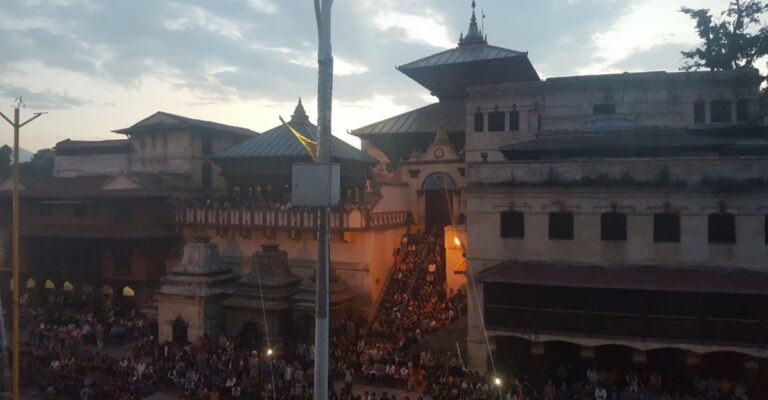
Two writ petitions were filed in the Supreme Court on Monday demanding to stop the work of installing gold jalahri in Pashupatinath’s jyotirlinga.
A jalhari is the foundation on which the Shiva linga stands and from where the water and milk offered by devotees flows out.
Bagmati State Assembly member and former treasurer of the Trust Narottam Baidya and advocate Nikita Dhungana have filed separate writ petitions.
The Pashupati Area Development Trust has started preparations to replace the existing silver jalahri with a gold one weighing 108 kg worth Rs 500 million despite criticism from local residents, heritage conservationists and priests.
The silver jalhari was originally placed by King Rana Bahadur Shah during his rule from 1777 to 1799.
Prime Minister KP Sharma Oli on January 25 had offered Rs 300 million for the purpose while additional Rs 200 million was managed by the Trust itself.
The Pashupati Area Development Trust has also started the work to gold-plate the roof of the temple and the bull in front of the temple. For the purpose, the Trust has allocated additional Rs 300 million.
State Assembly Member Baidya has listed the Office of the Prime Minister and Council of Ministers; patron of the Pashupati Area Development Fund, Prime Minister KP Sharma Oli; Ministry of Culture, Tourism and Civil Aviation Minister as well as Chairman of the Trust Bhanubhakta Dhakal; Trust Member Secretary Pradip Dhakal; Treasurer and Coordinator of Water Construction Management Committee Milan Kumar Thapa; Nepal Rashtra Bank; Guthi Sansthan and the Department of Archeology as defendants in his petition.
Similarly, advocate Dhungana has made the Office of the Prime Minister and Council of Ministers; Culture Minister Dhakal and the Ministry of Finance as defendants in her plea.
They have demanded an interim order stating that the decision to install new jalahari was against the Ancient Monuments Protection Act 2013, the decision was unjustified even for economic reasons and the government had interfered in religious places despite Nepal being a secular nation.
Ancient Monuments Protection Act 2013 states that structures over 100 years old must be preserved in their original design.
The court has summoned both the petitioners for discussion on Wednesday.
Pashupati Area Development Trust, which has been working on war footing to install the gold jalahari within a year, has also conducted a Kshyama Puja (forgiveness worship) after inviting Indian priests as it is starting to replace the existing jalahari.
At least 25 special priests from various temples of South India had reached Kathmandu on February 21 to perform the Puja.






